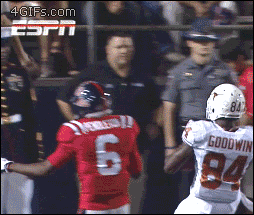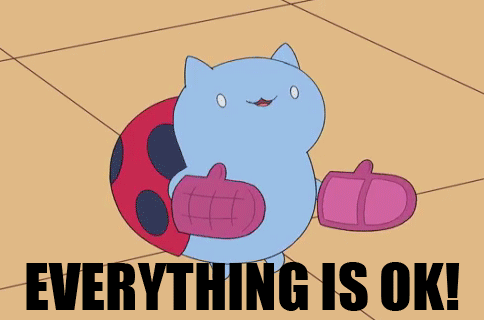This time last year, I was gearing up for my year as a debut author. The Chance You Won’t Return came out in April, and 2014 has been the most amazing, scary, exciting, stressful, awesome year ever. For all the debut authors gearing up for their debut years in 2015 and beyond, I’ve put together a list of things that will probably happen around their book launch:
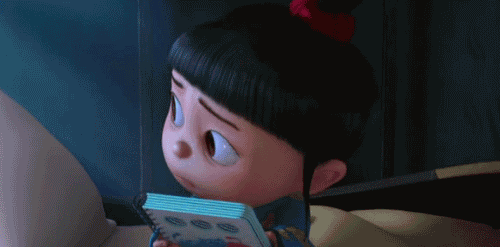 You will hold your ARC for the first time and realize that your book is actually going to be out in the world.
You will hold your ARC for the first time and realize that your book is actually going to be out in the world.
You will think, “This book is so great. Surely it will win all the awards.”
You will think, “This is the worst book ever and no one should ever see it.”
You will make bookmarks/postcards/bracelets/magnets/buttons and wonder if you really need bookmarks/postcards/bracelets/magnets/buttons.
You will connect with other debut authors and bond over the stress and awesomeness of writing and marketing and life.
You will sign up for Facebook, Twitter, Tumblr, Pinterest, Youtube, etc. You will maybe only use one or two of those platforms regularly.
You will get a great review that shows your book really connected with a reader.
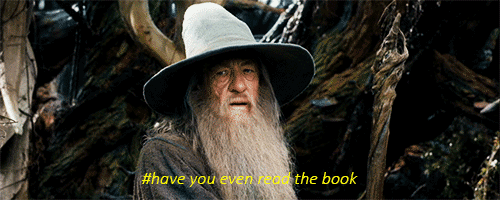 You will get an awful review by someone who didn’t get the book at all.
You will get an awful review by someone who didn’t get the book at all.
You will get an awful review that makes thoughtful criticisms. You’ll think, “Yeah, that’s fair.”
You will look at your Goodreads/Amazon/etc. reviews way more often than you tell people you do.
You will go into a bookstore and see your book on the shelves with all of your friends’ books. You will not believe your book is actually on a shelf for readers you don’t even know to find.
You will go into a bookstore and your book and your friends’ books will not be there.
You will do readings and panels and lots of people will come to see you.
You will do readings and panels and only one or two people will come to see you, and those one or two people will be people you already know.
 You will read your fellow debut authors’ books and think “Oh my gosh, maybe someone I know is going to win the Printz/Morris/Newbery/etc.” You will be so proud of your friends for their talent and hard work.
You will read your fellow debut authors’ books and think “Oh my gosh, maybe someone I know is going to win the Printz/Morris/Newbery/etc.” You will be so proud of your friends for their talent and hard work.
You will read bad reviews for your fellow debut authors’ books and think “Are you kidding me, that was the best book ever!” and get even more incensed than when you read bad reviews for your own book.
You will sign your book for the first time.
Your friends will share pictures of your book at bookstores, in libraries, on their bookshelves.
People will ask, “When are you going on your book tour?”
People will ask, “So, how’s the book selling?” You will resist the urge to ask about their salary.
You will worry about how your book is selling.
You will worry about being on lists or being named for awards or getting starred reviews. You will see friends get named to lists or awards or starred reviews and wonder if there’s something you’re doing wrong. (There’s not.)
 You will Google yourself. A lot.
You will Google yourself. A lot.
You will see that people you’ve never met before are reading your book.
You will introduce yourself as a writer, and when people ask what you’ve written, you can finally tell them the title and say it’s now available at their favorite bookseller’s.
You will stress out about your follow-up book and wonder if you should give up writing for something less stressful, like juggling flaming swords.
You will write your follow-up book (and the one after that and the one after that) because no matter what happens, this is way better than any other job.
You will meet some of the greatest people in the world and wonder how you ever lived without them.
Sometimes you will have to remind yourself that, no matter what, you have a book in the world. You made it. And no matter how the rest of your career goes, no one can ever take that away from you.
But really, you will know that this is only the beginning.
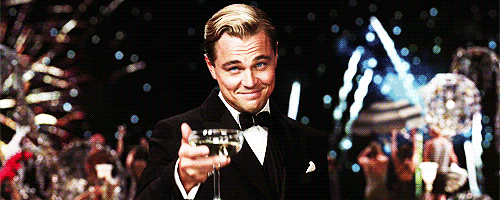
Happy 2015 and beyond, writers!


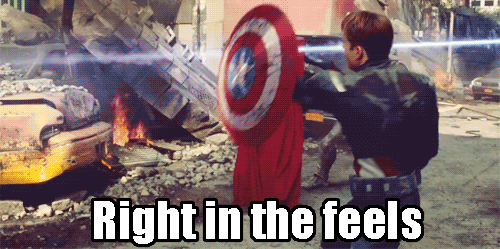



 You will hold your ARC for the first time and realize that your book is actually going to be out in the world.
You will hold your ARC for the first time and realize that your book is actually going to be out in the world. You will get an awful review by someone who didn’t get the book at all.
You will get an awful review by someone who didn’t get the book at all. You will read your fellow debut authors’ books and think “Oh my gosh, maybe someone I know is going to win the Printz/Morris/Newbery/etc.” You will be so proud of your friends for their talent and hard work.
You will read your fellow debut authors’ books and think “Oh my gosh, maybe someone I know is going to win the Printz/Morris/Newbery/etc.” You will be so proud of your friends for their talent and hard work. You will Google yourself. A lot.
You will Google yourself. A lot.
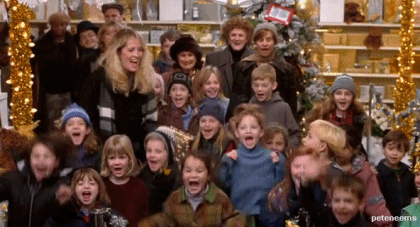 I love
I love 